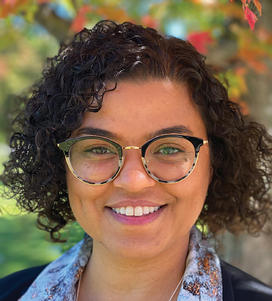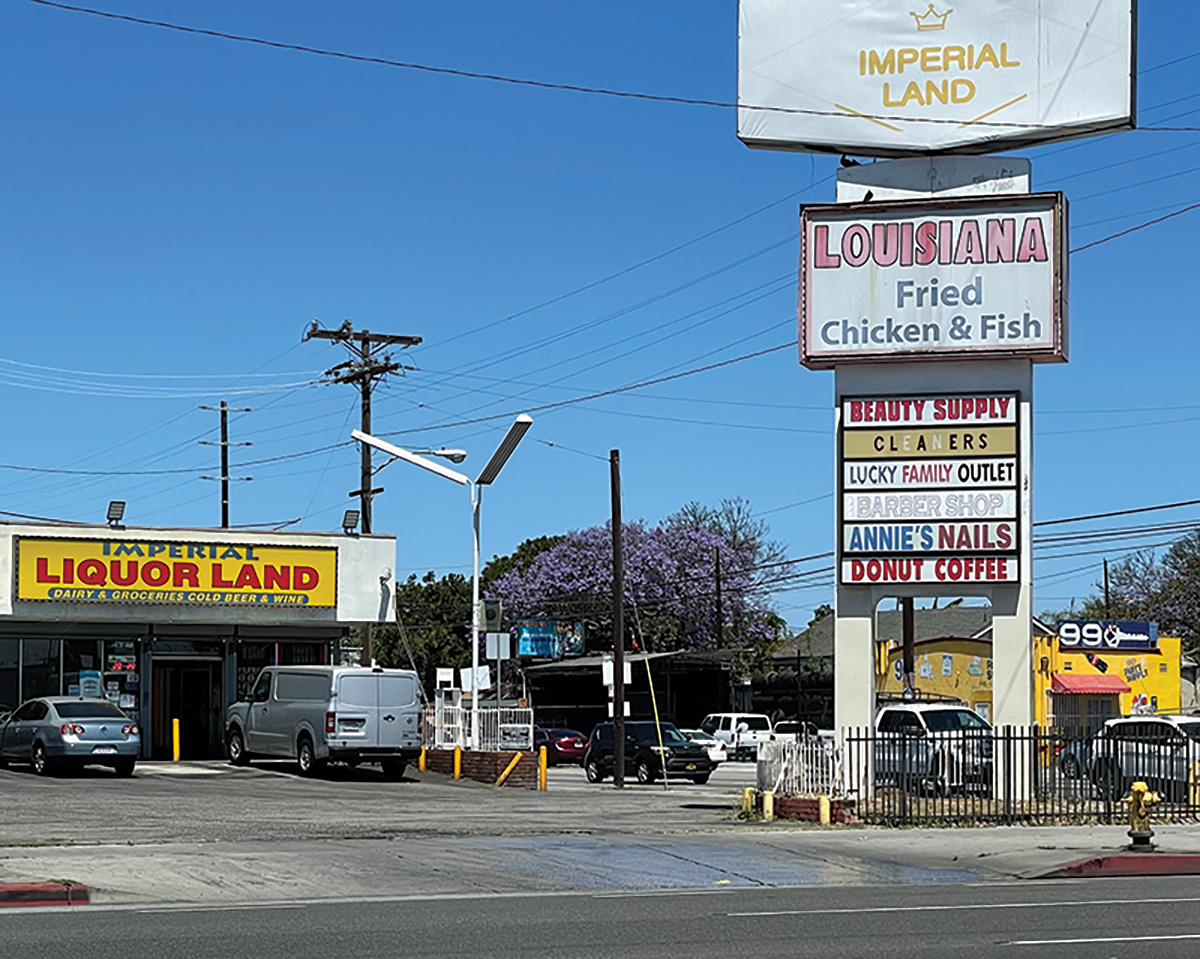Q&A: Anthropology Professor Hanna Garth on Food Insecurity
Garth says food justice is about “righting the inequities that exist in our current global industrial food system”
The food justice movement has been around for decades. In the 1960s, the Black Panthers implemented free breakfast programs for school children, while food banks and pantries took root during the same time. Despite these and other efforts, food insecurity persists.
A report from the U.S. Department of Agriculture released in November showed increases in hunger in the U.S. in 2022. Among the findings: 44.2 million people lived in households that had difficulty getting enough food, including 13 million children. The data represents about a 45% jump from 2021 and marks a significant increase in food insecurity, reversing a decade-long decline.

Princeton assistant professor Hanna Garth, who focuses on the anthropology of food, spoke with PAW about the work she does, the impact of food insecurity, and ways individuals can help the food justice movement.
What inspired you to get into the work you do?
I was an anthropologist in undergrad and as part of my first independent research project I became really interested in how food systems are entangled with health and well-being. I studied a low-income Black community that lived in Houston, Texas, and looked at their medicinal practices — like using vegetables and herbs to cure health problems, instead of going to using biomedicine. That was my first realization that I could study systems and food access as an academic. I didn’t realize until later, but my whole life I was really interested in food. I've always loved gardening, growing my own food, baking, making my own food, and canning — all of these homesteading food-related activities. So I was able to connect my personal interest with broader themes that matter within the field of anthropology by studying food and food access.
How do you define food justice?
That’s a great question because one of the things that I have found in my work is that people use the term to mean very different things. Most broadly as I understand it, food justice is about ensuring that everyone has equal access to healthy, affordable, and culturally appropriate food at a reasonable distance or reasonable difficulty in accessing it from their homes or work. People have also interpreted it to mean an equal distribution of the benefits and the burdens of our food system. It’s about righting the inequities that exist in our current global industrial food system.
Can you give an example?
The most obvious example is SNAP (Supplemental Nutrition Assistance Program), formerly known as food stamps. The fact that we have a government-based entitlement system that allows low-income people to have access to food is one of the ways that the injustices of distribution are corrected in our system. Other examples related to what I actually study include nonprofits and community-based organizations that create all different kinds of programming to increase access to healthy food among low-income communities.
Why should individuals who believe they are not impacted by food insecurities care about food justice?
So let’s take Princeton, for example. There are two grocery stores in town and many other options on Route 1. People who come from middle-class or upper-class backgrounds likely take for granted that they can easily hop in their cars and go to a store. But there are people who live in this town who don’t have access to a car and are limited to whatever is within walking distance which can be more expensive for low-income households. They can turn to a local food bank or other food distribution program but might not because they are either unaware of them, ashamed, or assume they are not low-income enough to qualify. My point is that food injustices are happening all around us and impact every community.
It's interesting that people who are low-income and struggling with food insecurity would assume they don’t qualify for assistance. Why is that?
Yes, this is a phenomenon I’ve seen come up in my research in Los Angeles, California, a lot. I tend to work with employed low-income people who are living below the poverty line. I’ll tell families they qualify for government-based programs and they’ll often be really surprised. They might say, “Oh, I thought these programs were for really poor people, like people who don’t have jobs and are struggling with homelessness.” Some believe these safety net programs were made for others, while some are deeply aware of and impacted by the stigma around using government assistance. That latter group really shows how damaging the stigmas around our state-based entitlement programs have been.
How has the pandemic impacted food insecurity?
Something happened during the pandemic that made us willing to try new things and share information. I found people became more aware of their ability to access food stamps and giveaways. There was this sense of “Oh, everybody is in need, everybody’s using these things,” so it became OK. That moment was really quite different from pre- and post-pandemic life. One other thing I found as part of my research in L.A. was a lot of people were afraid to give their information to food distribution programs. There’s a fascinating misconception around what people believe these programs do with the demographic information they collect, which is typically used for the organization's own research and statistics. It highlights the cultural phenomenon that people generally distrust the government.
How does food justice intersect with other social justice issues?
When I talk to families, the number one thing that impedes their ability to buy food is the exorbitant rent prices and related bills (heating, air, etc.). They mention that they can’t buy cleaning products and other household items with food stamps despite needing the assistance. These households often qualify for food stamps but not for housing assistance. So, this is definitely a problem.
What do you wish more people understood about this topic?
How difficult it is to support a family on a low-income budget with little or no access to credit. Some people have a really hard time understanding what it would be like to actually have $20 in your bank account, and judge the financial decisions an individual might make in the short term that are detrimental in the long term.
What advice would you offer to individuals who want to do something to help?
I get this question a lot. My advice is to not just quickly and hastily do something that you think is helpful, but instead to spend time understanding the problem, understanding what’s already out there, and with the people who are impacted. I have found in the food justice movement many organizations and people just start programs based on news or what they see online, but they never actually talk to the people affected.
Interview conducted and condensed by C.S.










No responses yet